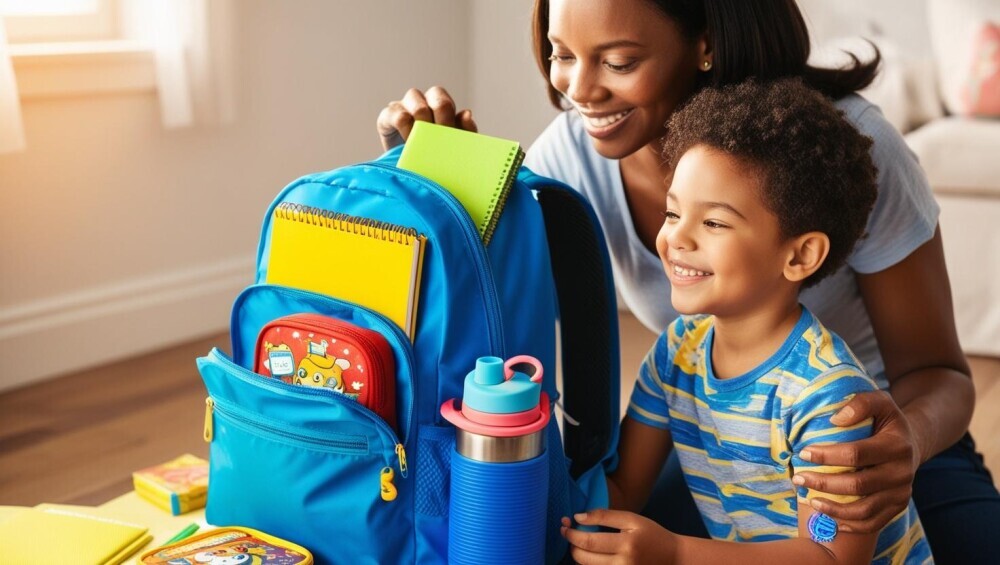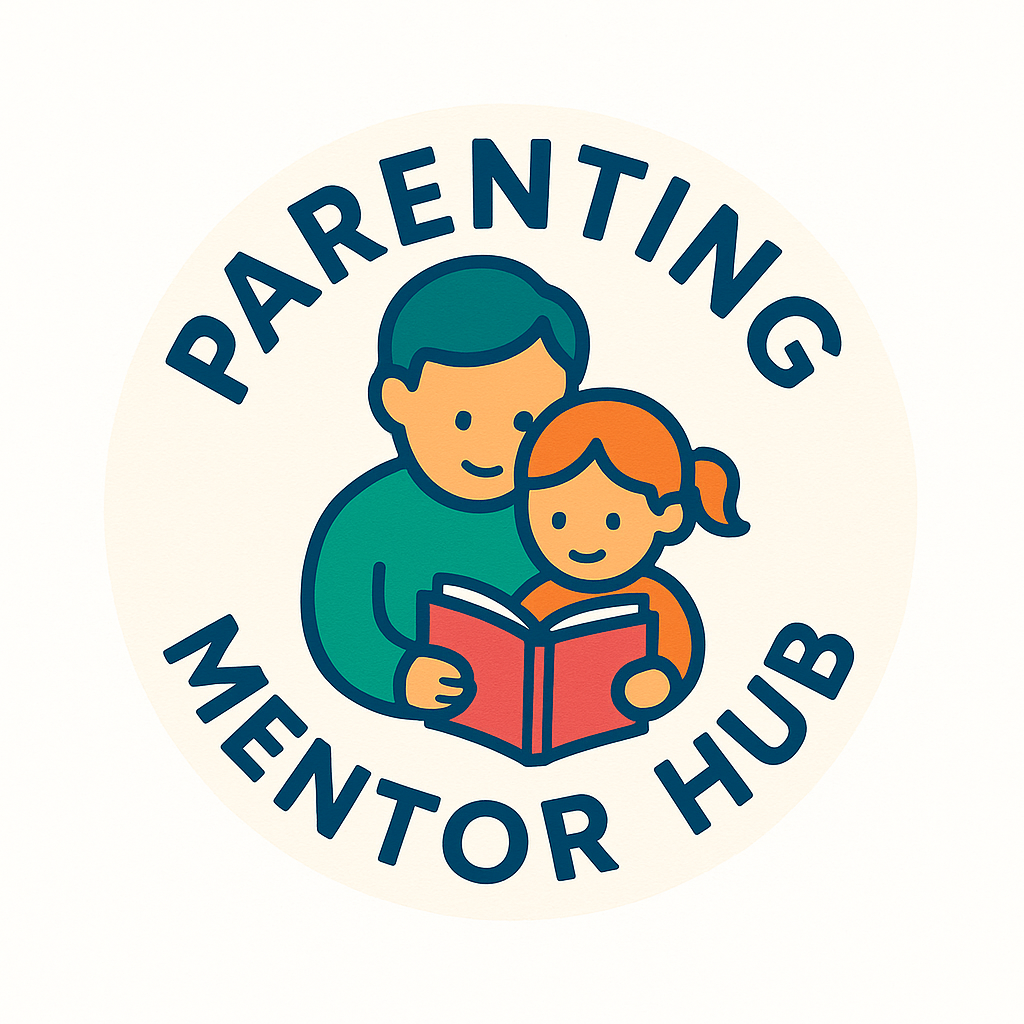
Parenting today can feel overwhelming. We’re juggling work, home life, school demands, and everything in between. It’s easy to assume that if something is important, our child will learn it at school. But the truth is, some basic skills and pieces of knowledge really do need to come from home.
Teachers across the world are noticing a worrying trend – often traced back to the long periods of social isolation during Covid, when it didn’t really matter what children wore or whether they knew how to greet people, because they weren’t seeing anyone outside the home. As a result, many children are now arriving at school missing key foundational skills. Not because they aren’t smart, or lack potential, but simply because no one taught them. That’s not necessarily bad parenting – but it is a gap worth closing.
Here are a few essentials every child should learn at home – and why they matter:
1. How to Tie Their Shoelaces
It might sound simple, but many children reach the age of eight – or older – without knowing how to tie their shoes. That’s not just a practical issue; it’s a safety risk. Untied laces can lead to falls, especially on stairs or during busy school evacuations like fire drills.
If your child wears lace-up shoes, make time to teach them how to tie them securely. If your child is an August baby (like my granddaughter) and starts school barely four years old, velcro-fastened shoes can be a helpful stopgap. Then, as soon as they have the manual dexterity, you can begin teaching them how to tie laces properly.
2. Their Date of Birth and Other Basic Information
By the time a child is seven or eight, they should know their birthday, full name, and ideally their home address and a parent’s phone number. This isn’t just for school forms – it’s about independence and safety.
Granted, phone numbers are harder to memorise than they used to be when landlines were common. These days, everyone relies on saved contacts, and even adults rarely know anyone’s number by heart. If that’s the case in your home, consider putting an index card with your address and phone number into your child’s school bag. It’s a small gesture that can make a big difference if needed.
3. Basic Personal Hygiene
Teachers frequently report children arriving at school in clothes that haven’t been washed and faces that still show traces of breakfast. Teaching children to wash their face, brush their hair, and take care of their appearance matters. It’s not just about how they look; it’s about self-respect and health.
If a school uniform item gets dirty (very easy in a British winter), a quick hand wash and an overnight dry on the radiator can work wonders. And having a couple of spare shirts is a good idea – things have a habit of getting spilled just as you’re ready to leave the house.
4. Dressing for the Weather
This one’s straightforward: if it’s cold, children need a coat; if it’s sunny, they need a hat or sunscreen. Kids don’t always make the best decisions about clothing, so it’s up to us to help – at least until they’re old enough to take that responsibility on themselves.
If your child refuses to wear a coat because they’re not cold right now, insist they take it anyway. They may well change their mind when playtime comes – and some schools won’t let children outside without appropriate clothing.
5. Foundational Reading and Maths Skills
Children don’t need to master long division before starting school, but they do need early exposure to language and numbers. Reading bedtime stories, counting things together, playing with coins (especially now that physical money is less common), and chatting about simple sums at breakfast all help build familiarity.
Kids who come into school with these basics often feel more confident, and new learning makes more sense to them.
6. Practice Makes Progress
Reading longer stories, understanding timetables, learning times tables – these things don’t happen by accident. A little daily practice, even just ten minutes a day, makes a big difference.
It’s not about pushing – it’s about support. Encouragement and consistency help build the habit of learning.
7. The Value of Being on Time
Frequent lateness or absence (outside valid reasons) can significantly affect a child’s learning and confidence. Life happens – but if being late becomes the norm, it may be time to reassess morning routines.
Children quickly absorb what our habits say to them. Being on time sends a clear message: school – and their learning – matters.
Of course, some absences are unavoidable. I have a pupil whose family travels to Bolivia each summer to visit elderly grandparents. Flights are far cheaper before the UK school holidays start, so the child often misses both the end of one school year and the beginning of the next. The issue here isn’t irresponsibility – it’s economic reality. Still, the impact on learning is real, and being aware of it can help us plan ahead and support children more effectively.
8. Taking Responsibility for Learning
One of the hardest truths for parents to accept is that teachers simply can’t do it all. They have 20–30 children to support and only so many hours in the day. Reinforcing lessons at home, helping your child catch up, showing interest in what they’re learning – these things really matter.
None of this is about being perfect. We all forget things, run late, or miss opportunities. But if we want to raise independent, capable children, these small, everyday efforts make more of a difference than we often realise.
If you’re reading this and thinking, “Oh no, I haven’t done some of these,” take heart. It’s never too late to start. Children are amazingly resilient – and always learning. Let’s help them learn the things that really matter.
